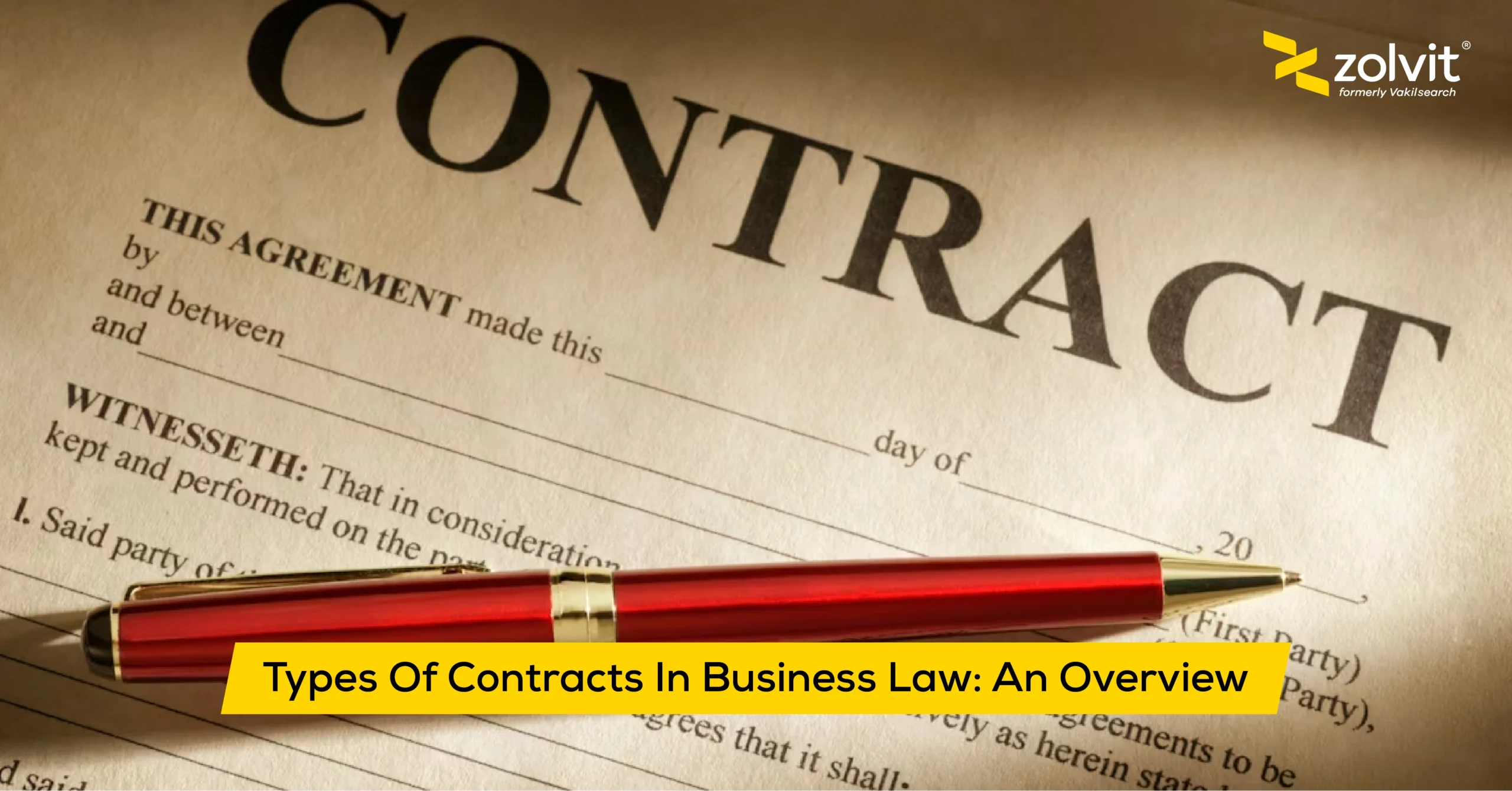
Foreclosure Lawyer for Legal Support & Defense
Consult Expert Foreclosure Defense Lawyers from the comfort of your home
Online Legal Consultation slots starting at ₹13/min slot
Trusted legal guidance from verified legal experts
Fight illegal foreclosure with our expert attorneys for all your legal needs
Legal counsel, mitigations negotiation and mediation provided
146+ Lawyers are online
+ 15 ongoing calls
Process
Fill Out the Form
Schedule an Appointment
Make Payment
Lawyer Will Call You
Consult with a Legal Expert
Process
Fill Out the Form
Schedule an Appointment
Make Payment
Lawyer Will Call You






